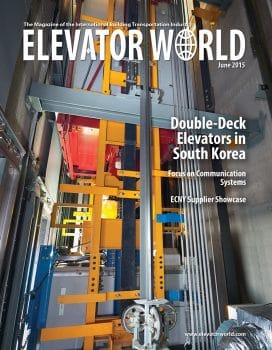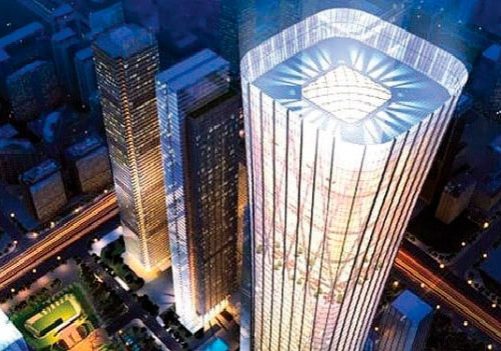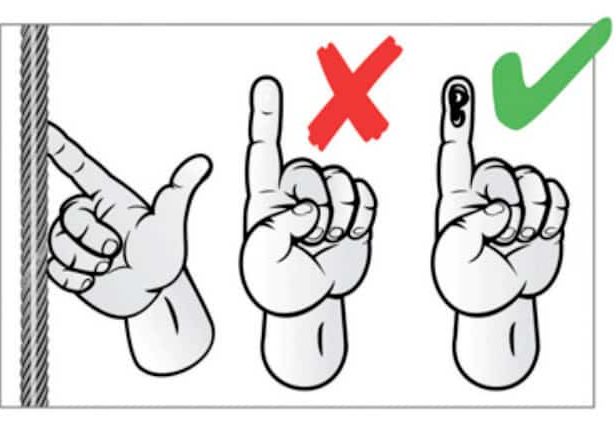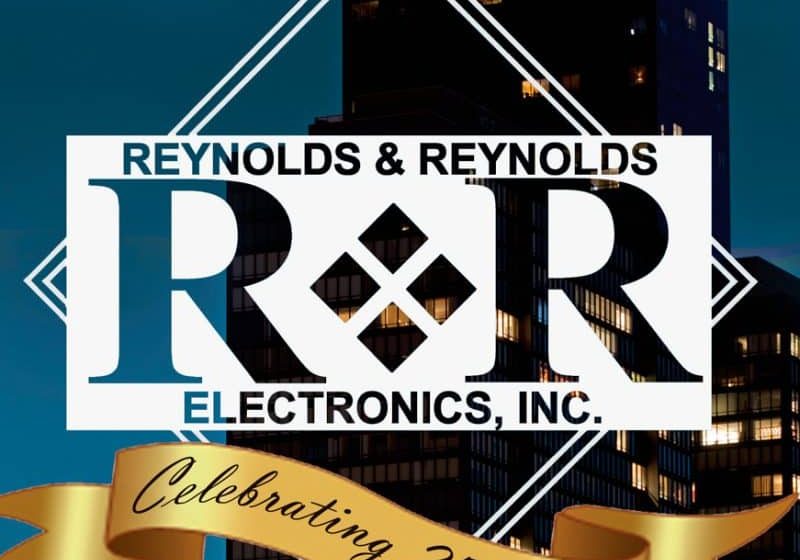U.S. ThyssenKrupp Elevator Factory Certified LEED Gold
Jun 1, 2015
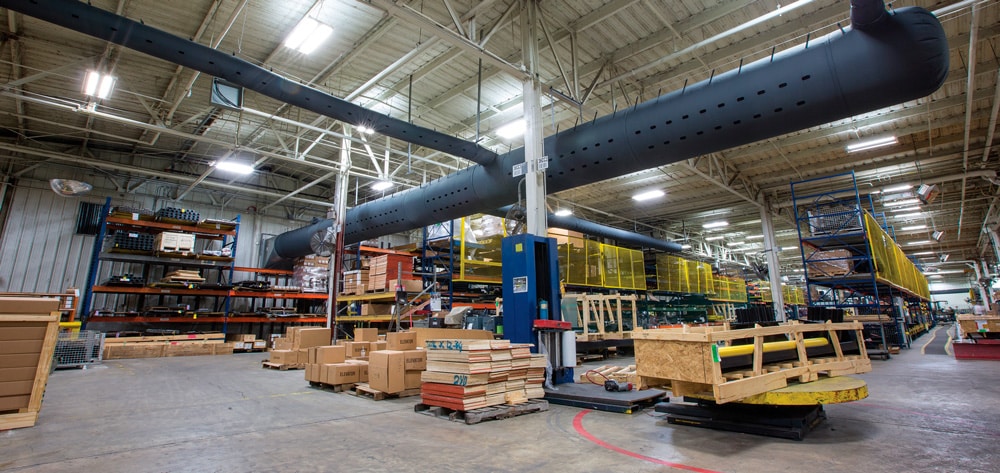
photos by ThyssenKrupp Elevator Americas
On March 24, ThyssenKrupp Elevator celebrated its Leadership in Energy and Environmental Design (LEED®) for Existing Buildings: Operations and Maintenance Gold certification awarded to the company’s elevator factory in Middleton, Tennessee. With almost 1,000 distinguished guests, company executives and employees in attendance, the event was held to “recognize the great accomplishment of our Americas team,” ThyssenKrupp Elevator AG CEO Andreas Schierenbeck remarked, continuing:
“We see investment in sustainability as an essential component of our future success. By achieving this LEED Gold certification, we are investing in our employees’ health and safety, in our community and in our partnership with the State of Tennessee.”
The event included factory tours highlighting major achievements of the LEED Gold certification, speeches by ThyssenKrupp Elevator executives and local politicians, and a luncheon for the plant’s 750-plus employees. Lori Munkeboe, director of the Tennessee Department of Environment and Conservation’s Office of Sustainable Practices, explained:
“ThyssenKrupp Elevator’s long history of excellence in sustainability, paired with a steadfast dedication to employee health and safety, make it a worthy recipient of this prestigious certification. LEED Gold Certification cements ThyssenKrupp as a leader in Tennessee’s green economy and has set the standard for facilities looking to improve indoor air quality and reduce energy consumption statewide.”
“Several years ago, we set goals to minimize our impacts on the environment, reduce waste and provide greener solutions to our customers,” said Rich Hussey, president and CEO of ThyssenKrupp Elevator Americas, continuing:
“Since then, over 150 of our employees have passed the LEED Green Associates exam; we are transitioning our service fleet to alternative fuel and high-efficiency vehicles and have received third-party confirmation that this facility produces among the most energy-efficient elevators in North America.”
To produce sustainable products in a sustainable way is a strategic priority on the company’s research agenda. The group of ThyssenKrupp companies focuses on resource-efficient processes, intelligent systems for energy storage, sustainable mobility, and innovative solutions for the transition from fossil to renewable energy.
Green Building Standards and Elevators
Globally, approximately 100,000 projects are already certified or registered in accordance with the LEED, BRE Environmental Assessment Method (BREEAM) or regional green building standards. Many other international projects are making use of safe and energy-efficient technologies without undergoing a specific certification process, and companies like ThyssenKrupp are instituting sustainability into their core business plans by improving resource usage, efficiently managing waste and investing in green customer solutions, which, in some cases, go well beyond LEED certification requirements.
Since 40% of all energy worldwide is consumed in buildings, smart buildings using energy-saving equipment have a tremendous impact on global energy consumption. On average, new elevator technologies can save up to 27% of energy when compared with other technologies and reduce the electrical power required by half. This leads to lighter and simpler power-supply systems.
In addition, elevators can also operate as power generators. Regenerative drives, which use energy created when the elevator cars slow down (converted into electricity and fed back into the building’s power grid), reduce energy needs for the building by approximately 30%.
The cost-saving implications of these technologies is immense. For example, ThyssenKrupp solutions used in the new One World Trade Center in New York City will generate enough energy to feed the lighting system of the entire building.
Get more of Elevator World. Sign up for our free e-newsletter.

